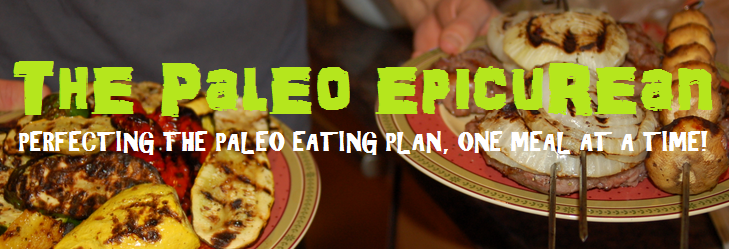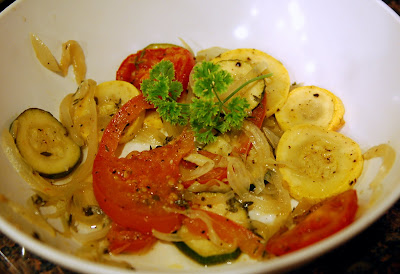No matter how many times I roast vegetables in the oven, somehow I am still always surprised when I taste them and the subtle sweet taste pervades my mouth. It's as if vegetables are so hard-wired into our brain as having to be these pallid or bland foods that must be eaten more out of necessity than pleasure. There is something about oven-roasting- the way the caramelization slowly sets in and draws forth such a delicate yet delicious sweetness. Be it beets, sweet potatoes, cauliflower or Brussels sprouts, oven-roasting gives rise to whole new dimensions within a vegetable.
Roasting veggies is so simple also. Chop coarsely, toss in olive oil or melted butter, sprinkle on salt and pepper, maybe some chopped herbs such as thyme, oregano rosemary, and perhaps a little minced garlic. Stick into a well pre-heated oven (375-400 degrees F), and let it go. Stir it around a couple times, and in about 45 min you'll have a perfect meal or side dish. So simple and so organic in nature, it would seem intuitive that humans have consumed vegetables prepared in this manner for many, many millenia.
Zucchini, yellow squash, onion and tomato, thyme, salt and pepper.
I had some leftover roasted veggies, and I thought- this would make a wonderful base for a delicious and healthy relish to be served on just about any fresh grilled, broiled, baked meat or fish. I threw these into my mini food processor along with a clove of fresh garlic, a small handful of fresh parsley, and some olive oil. Voila! Perfect roast vegetable relish. Now, what to serve it on...
One food I particularly love but don't often eat are sea scallops. They have such a unique texture and flavor, truly incomparable to anything else. I like to call them the "water-chestnut" of the seafood world. They hold up to a number of cooking applications, but I feel that searing in a hot skillet wins hands down. Dry them well, lightly dust with salt and pepper, and place in a large, HOT skillet. Be sure that the skillet is large enough that the scallops are not crowded; it is better to do them in batches rather than crowd the pan. Also, do not disturb them until they freely release from the firm metal grasp of the pan. Flip once, and cook until firm, but not hard. Served with a side salad, truly one of my favorite meals!




